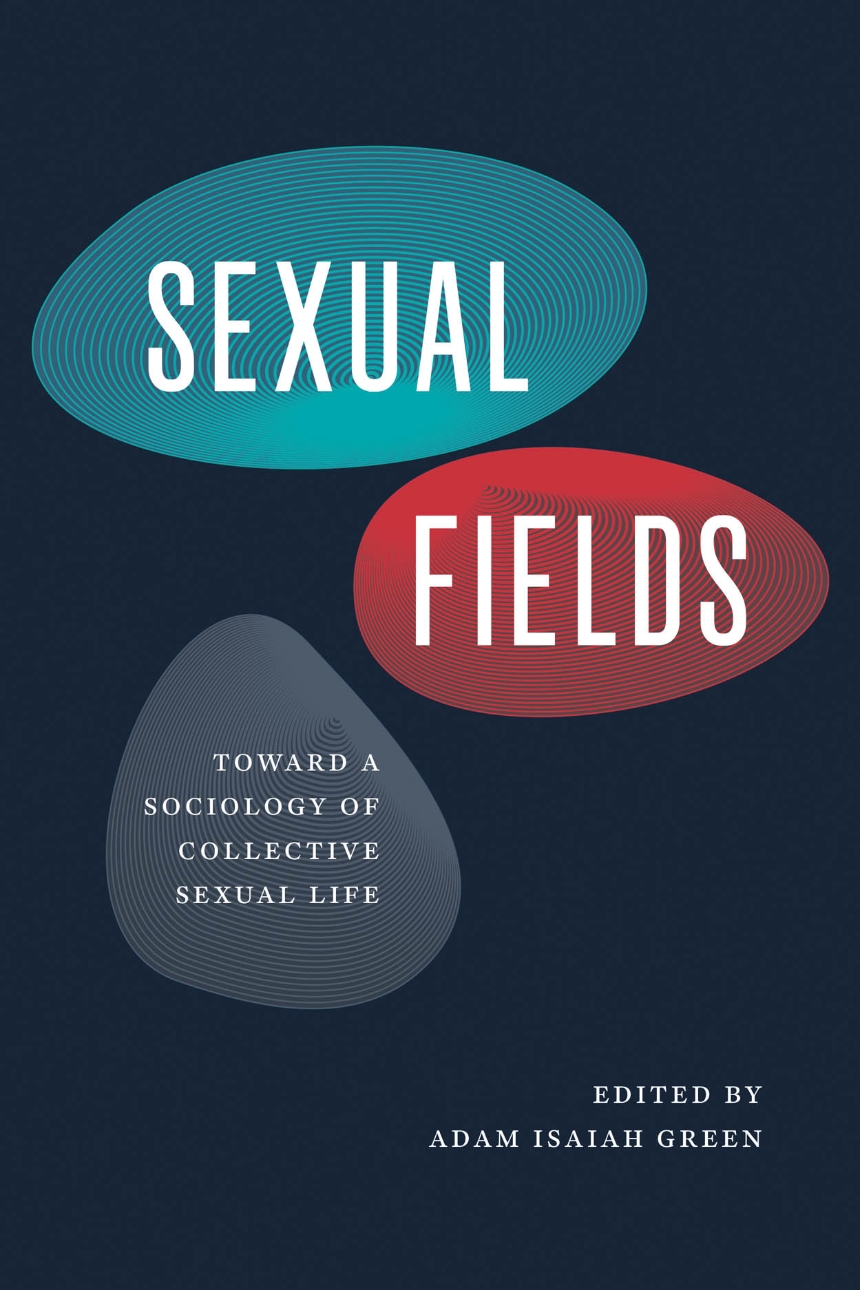Sexual Fields
Toward a Sociology of Collective Sexual Life
9780226084992
9780226084855
9780226085043
Sexual Fields
Toward a Sociology of Collective Sexual Life
In the late modern period, an unprecedented expansion of specialized erotic worlds has transformed the domain of intimate life. Organized by appetites and dispositions related to race, ethnicity, class, gender, and age, these erotic worlds are arenas of sexual exploration but, also, sites of stratification and dominion wherein actors vie for partners, social significance, and esteem. These are what Adam Isaiah Green calls sexual fields, which represent a semblance of social life for which he offers a groundbreaking new framework.
To build on the sexual fields framework, Green has gathered a distinguished group of scholars who together make a strong case for sexual field theory as the first systematic theoretical innovation since queer theory in the sociology of sexuality. Expanding on the work of Bourdieu, Green and contributors develop this distinctively sociological approach for analyzing collective sexual life, where much of the sexual life of our society resides today. Coupling field theory with the ethnographic and theoretical expertise of some of the most important scholars of sexual life at work today, Sexual Fields offers a game-changing approach that will revolutionize how sociologists analyze and make sense of contemporary sexual life for years to come.
To build on the sexual fields framework, Green has gathered a distinguished group of scholars who together make a strong case for sexual field theory as the first systematic theoretical innovation since queer theory in the sociology of sexuality. Expanding on the work of Bourdieu, Green and contributors develop this distinctively sociological approach for analyzing collective sexual life, where much of the sexual life of our society resides today. Coupling field theory with the ethnographic and theoretical expertise of some of the most important scholars of sexual life at work today, Sexual Fields offers a game-changing approach that will revolutionize how sociologists analyze and make sense of contemporary sexual life for years to come.
Reviews
Table of Contents
Foreword by Omar Lizardo Preface by Verta Taylor Acknowledgments
Introduction Toward a Sociology of Collective Sexual Life
Adam Isaiah Green
Chapter 1. The Sexual Fields Framework
Adam Isaiah Green
Chapter 2. Sexual Field, Erotic Habitus, and Embodiment at a Transgender Bar
Martin S. Weinberg and Colin J. Williams
Chapter 3. Sexual Field Theory: Some Theoretical Questions and Empirical Complications
Peter Hennen
Chapter 4. Rejecting the Specifically Sexual: Locating the Sexual Field in the Work of Pierre Bourdieu
Matt George
Chapter 5. Circuits and the Social Organization of Sexual Fields
Barry D. Adam and Adam Isaiah Green
Chapter 6. Sexless in Shanghai: Gendered Mobility Strategies in a Transnational Sexual Field
James Farrer and Sonja Dale
Chapter 7. The Crucial Place of Sexual Judgment for Field Theoretic Inquiries
John Levi Martin
References Index
